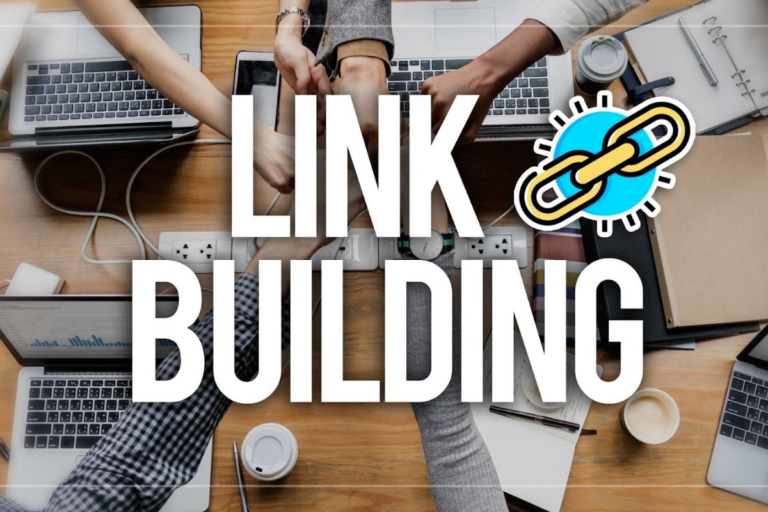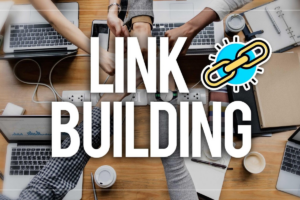The burn rate in the business world is high. This means startups have to pull all their resources together to avoid failure.
But sometimes, these new businesses still fold regardless of the effort founders put to keep operations going.
What percentage of startups fail? What is the cause of failure?
Is there a way to minimize the high mortality rate of businesses?
Post Contents
What Percentage of Startups Fail in 2024?
According to the data, only 80% of startups survive after their first year in the market.
This means 20% of these new enterprises fail just a year after launching.
The mortality rate gets worse the longer they spend on the market.
30% of startups close two years after founding, 50% within five years, and 70% in 10 years.
If you think this is a harsh environment to be in, think again. Throughout their lifetime, 90% of startups fail.
That is how tough the competition is.
Why Do They Fail?
Now that we know what percentage of startups fail, let’s get into the general reasons behind their untimely demise.
As stated in the same report by Investopedia, operating in the wrong market is one of the common culprits of startup failure.
Take, for example, you have established a new travel agency at a time majority of countries observed strict mobility restrictions from Covid.
The lack of a market for your business niche at that time will lead to business dissolution.
Another reason is a bad partnership.
Startup founders onboard as many partners as they can during the start of a business to help with funding.
However, this can be a double-edged sword as some partners do not exercise the same commitment as you do on the project.
Research-based Reasons Behind Startup Failures

Below is a comprehensive look at startup failures based on 100 post-mortem cases.
- Lack of market – 42% of startups analyzed in the survey failed due to this reason
- Ran out of funding – 29% of startups analyzed in the survey failed due to this reason
- Not having the right team – 23% of startups analyzed in the survey failed due to this reason
- Stiff competition – 19% of startups analyzed in the survey failed due to this reason
- Cost issues with the products or services – 18% of startups analyzed in the survey failed due to this reason
- Uncompetitive product – 17% of startups analyzed in the survey failed due to this reason
- Lack of good business model – 17% of startups analyzed in the survey failed due to this reason
- Poor marketing – 14% of startups analyzed in the survey failed due to this reason
- Poor relationship with customers – 14% of startups analyzed in the survey failed due to this reason
- Product is off-season/there is no market for the product yet – 13% of startups analyzed in the survey failed due to this reason
How to Avoid Failure?
While there is undeniably a high mortality rate in the business industry, many businesses are managing to keep their heads above the water.
How can startups avoid failure?
Research is an important ingredient of success.
As new business owners, founders have to get out of their way to know every nitty-gritty about the market they operate in.
What are customers talking about? What do they want?
How are competitors faring? Simple questions like this create a lot of difference.
Other Key Points to Remember

Another key factor is the clarity of goals. Businesses have set goals to which they will anchor their business values and objectives.
It is hard to navigate in a sea without a clear destination in mind, and the same applies in the business world.
Lastly, if you ever think of quitting – don’t.
Business is the ultimate test of the fittest, and you don’t want to be among those who will be eliminated from the line.
Highest-valued Private Startups in 2022
The popular adage says blessing comes to those who do not give up.
Here are examples of startups that did not give up on the race and have become the highest-valued enterprises in 2022.
- Bytedance – this enterprise was valued at $75 billion during the year
- Didi Chuxing – this enterprise was valued at $56 billion during the year
- Stripe – this enterprise was valued at $36 billion during the year
- SpaceX – this enterprise was valued at $33 billion during the year
- Airbnb – this enterprise was valued at $18 billion during the year
- Kuaishou – this enterprise was valued at $18 billion during the year
- Paytm – this enterprise was valued at $16 billion during the year
- Epic Games – this enterprise was valued at $15 billion during the year
- DJU Innovations – this enterprise was valued at $15 billion during the year
- Grab – this enterprise was valued at $14 billion during the year
Fast-growing Startup Industries

One of the biggest reasons for the worrisome answer to the question “what percentage of startups fail?” is the lack of market.
Which industries have a forceful market nowadays? Which are marketable? Which are in demand?
Let’s look at this data.
- Healthcare industry – this sector has one of the biggest markets among all industries, currently holding a market value of $41.2 billion
- Transportation – this sector has one of the biggest markets among all industries, currently holding a market value of $25.5 billion
- Financial services – this sector has one of the biggest markets among all industries, currently holding a market value of $24.6 billion
- Artificial intelligence – this sector has one of the biggest markets among all industries, currently holding a market value of $16.0 billion
- E-commerce – this sector has one of the biggest markets among all industries, currently holding a market value of $13.5 billion
Conclusion
Many startups fail in their first year in the market due to varied reasons.
Some are due to a lack of market, bad marketing, and lack of funding.
While others are simply because of failing to set clear goals and targets that could have been the business’ guide toward success.
Thanks for reading our article on what percentage of startups fail.
90% is surely a lot, but businesses can always ditch this high mortality rate by carefully assessing what the market wants.






























